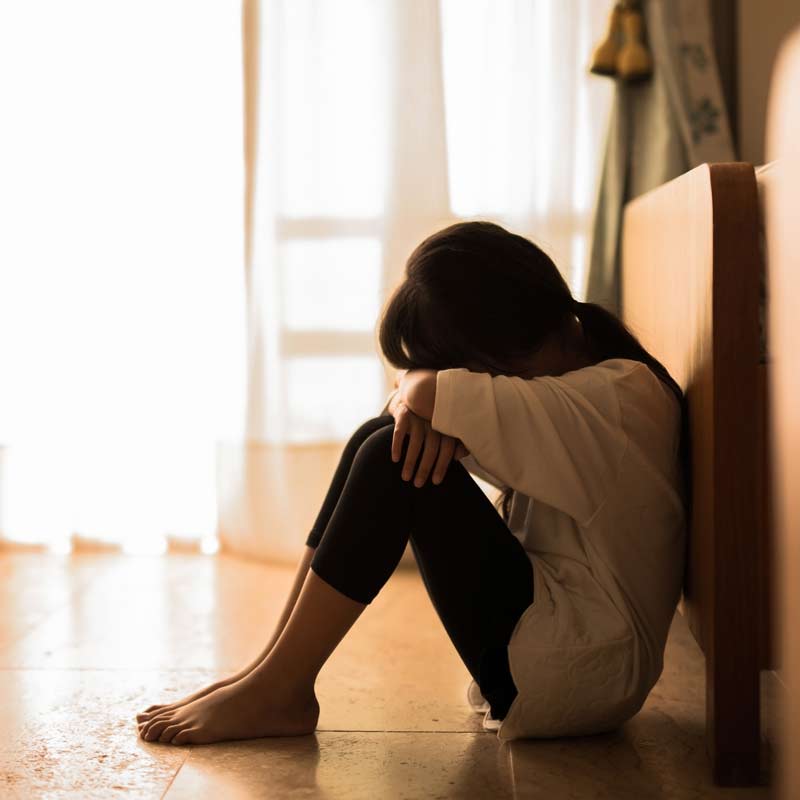Abuse
Are you wondering if you are in an abusive relationship? Abuse can be emotional, sexual, financial, or physical. Abuse is considered to be the intentional harming of another person. If you even suspect abuse, you should speak to one of our psychologists and get yourself out of this potentially dangerous situation.

Let’s go through each of the types of abuse so you have a better idea of what you are dealing with.
- Emotional Abuse: Your abuser makes you feel worthless by putting you down all the time, taunting you, ignoring you, and many similar actions to make you start to believe them. Emotional abuse might be combined with physical abuse.
- Sexual Abuse: Are you uncomfortable with certain sexual experiences? Your abuser will force you to watch or do sexual acts you wish to not see. Sexual abuse is also sexual contact without consent from both parties. You might have mental scars from this type of abuse.
- Financial Abuse: Your abuser controls your ability to use, attain, and maintain financial resources. This person is trying to gain control and power in your relationship by doing these things.
- Physical Abuse: Destroying of property to violent physical interactions. Physical abuse can include emotional abuse as well.
Treatments
- Cognitive Behavioural Therapy (CBT): Our therapists will get you to face what happened in your abusive situation and help you discover your thoughts. We can help you recognize an abuser’s thoughts forced on you. We help you reflect on your feelings in your relationship to how you behave. By challenging and changing these negative emotions you can feel and act positively.
- Narrative Therapy: You will be asked to analyze and find meaning in your important life events. Your therapist will separate the problem from who you are while evaluating the issue’s impact on your life. You will learn skills to help you overcome problems that exist in your life.
- Person-Centred Therapy: Your therapist will focus on you, trusting that you know best. This approach allows you to trust in yourself, understand yourself, and ultimately resolve your issues.
- Reality Therapy: Your psychologist will help you choose your behaviour, thoughts, and feelings. With guidance, you are able to evaluate your behaviour so you can find a positive reaction to any negative situations.
A child who has gone through or is going through abuse might have a hard time with intimate relationships as they get older. Children need help right away so the abuse does not take over their thoughts and feelings later in life. Show your child love and support and know that, we, too, are here to help them in a safe environment.
Children and adults alike will take on self-destructive behaviours as a result of being in an abusive relationship. A sign of abuse in your adulthood can be a separation of sex and intimacy. Your thoughts might conclude it is too risky for both to be tied together when the underlying issue is the inability to trust your partner.
We can help you find a positive way to live and enjoy healthy relationships while avoiding negative patterns. You have what it takes to get out of a bad situation and we can support you. Remember - You can heal from the trauma of an abusive relationship. If you are ever afraid for your life, call 911 for an emergency operator to assist you immediately.
Abuse of any kind can have traumatic effects on you and your life. Symptoms of abuse include:
- Depression
- Low self-worth
- Lack of self-esteem
- Constant fear
- Anxiety
- Feeling shame
- Attempting to overhaul your look and/or life to blend in
- Issues trusting others
- Shock and confusion
- Problems sleeping
- Flashbacks or nightmares of the abuse
- Physical injuries
- Issues with sexual identity or functioning
The Family Psychology Place wants you to know there is a way out of your dark situation. Let us show you how.



